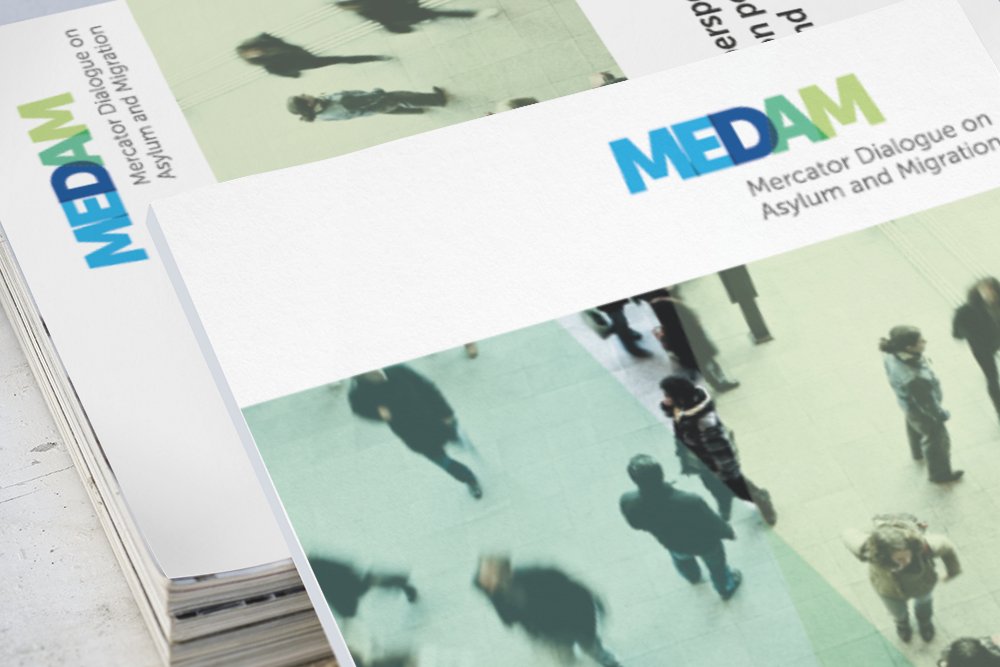In 2016, the Mercator Dialogue on Asylum and Migration (MEDAM) was established to improve our understanding of the interrelated challenges facing the EU and its member states in the areas of asylum and migration. It seeks to stimulate a broad and open conversation about implementable solutions to these dilemmas. Through our publications and outreach, we are engaging policy makers, academia and civil society across the EU, culminating in practical recommendations.
Over the last three years, we have analyzed important elements of the asylum and migration system in the EU and highlighting their global interdependencies. These include the driving forces of migration in countries of origin, migrants’ decision making, public attitudes toward immigration policy, and the interaction of EU rule-making and member state practices in asylum policies.
With this 2020 MEDAM Assessment Report, the project enters its second phase (2020–22). We welcome the European Policy Centre as our new partner, with whom we will strengthen our monitoring and analysis of EU policies, along with our outreach to policy makers and other stakeholders in Brussels.
Our strengthened focus on EU policy making is also reflected by the new structure of the annual MEDAM Assessment Report. It includes a substantive chapter assessing the state of play in EU asylum and migration policy and analyze important developments over the previous year.
Asylum and migration issues have recently taken on a new urgency as conditions on the EU’s external border have deteriorated in several member states. When Turkey opened certain border crossings toward Greece to irregular migrants in March 2020, the fragility of the existing understanding between the EU and Turkey on containing irregular migration to the EU came to the fore. More recently, several EU member states have effectively eliminated access to asylum at their external borders, justifying their actions by the COVID-19 pandemic.
In this report, the authors argue that the EU cannot sustainably handle these predicaments on its own, but needs to cooperate with migrants’ countries of origin and transit as equal partners. As part of its planned new strategy (the forthcoming New Pact on Migration and Asylum), the EU should provide more support to low- and middle-income countries hosting refugees — especially to Turkey, which now hosts the world’s largest refugee population. To contain irregular migration to Europe along the Central Mediterranean route to Italy, the EU needs to work closely with countries of origin and transit in Africa.
It is thanks to the continued generous support by Stiftung Mercator that we can present this 2020 MEDAM Assessment Report, whose objective is to help shape policies for refugee protection and migration in Europe that respond effectively to the imminent global challenges.
This is a part of a report by Matthias Lücke, Olivia Sundberg Diez, Leonie Jegen and Franzisca Zanker.
(Research partners are the Kiel Institute for the World Economy (IfW), the Migration Policy Centre (MPC) at the European University Institute (EUI) in Florence and the European Policy Centre (EPC), a think tank in Brussels.)
